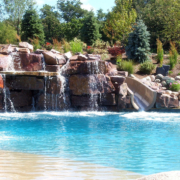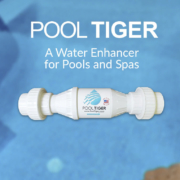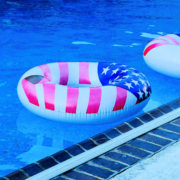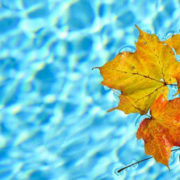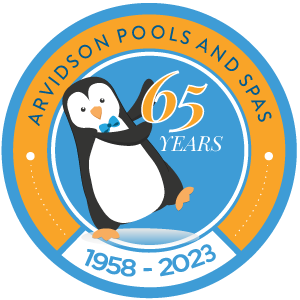Test Your Water for These Four Important Things
Testing your swimming pool water is a regular part of pool ownership. Why? It’s vital to keep your pool clear of algae and crystals.
You also want to ensure that your chemicals are always balanced. This helps you avoid damage to your pool and your equipment. You’ll also find that water that’s imbalanced can cause eye and skin irritations as well.
So, how do you know if your pool water is ok? Let’s look at how and why to test your water for these important things. You’ll need test strips or a water sample to bring us.
Test Regularly
If you’re wondering how often we recommend testing your water, the answer is at least once a week. If you’re using your pool a lot, consider testing it two to three times per week.
Our best suggestion is to put your testing days on your calendar so you don’t forget.
When you test, you can use test strips you pick up from us or bring us a water sample, and we can tell you just what you need.
Know the Appropriate Chemical Levels
When testing your own water, you want to know what levels you’re looking for.
Here are some suggestions. If you have questions, please stop by or contact us – we’d love to help!
| Test | Range |
|---|---|
| pH | 7.2 – 7.6 |
| Total Alkalinity | 120 – 150 ppm |
| Calcium Hardness | 200 – 250 ppm (Concrete Pools) |
| Calcium Hardness | 175 – 225 ppm (Vinyl Pools) |
| Free Chlorine | 1 – 3 ppm |
| Free Bromine | 3 – 5 ppm |
| Metals: Copper | 0 ppm |
| Metals: Iron | 0 ppm |
| CYA | 30 – 50 ppm |
Now that you know what you’re looking for and why, let’s examine four important things: your levels of free chlorine, calcium hardness, total alkalinity, and pH.
These chemicals work together to keep your water clean, clear, and healthy. You want them at just the right levels.
What is Free Chlorine?
Chlorine kills bacteria, viruses, and organic materials like sweat, urine, and fecal matter. You want chlorine in your pool to disinfect it and make it clean and healthy for the people swimming in your pool.
When it comes to free chlorine, we’re talking about the chlorine in your swimming pool that is fresh. This means it hasn’t reacted with any of the contaminants in your pool yet. If you have too much or too little chlorine in your pool, you end up with problems.
Without enough free chlorine, your water is at risk. If your water turns green and/or cloudy, algae may grow, turning your pool floor and walls green and slimy.
One of the biggest worries is that without enough chlorine, your pool becomes a haven for waterborne illnesses, infecting your swimmers.
Now, having too much free chlorine also causes issues such as skin and eye irritations. In fact, you might even find a heavy chlorine smell that aggravates swimmers’ lungs.
You want just enough free chlorine to work but not too much to be harmful.
What is Calcium Hardness?
When we talk about calcium hardness, we mean whether your pool water is too hard, too soft, or perfect.
If your hardness level is low and your pool water is soft, it will start to absorb the calcium from your pool plaster. This can cause your pool to become etched and pitted.
If your calcium hardness is too high, you may end up with scaling (calcium deposits). These build up on the surface of your pool causing brown, white, or gray spots on your pool surface.
You’ll find that issues with calcium hardness can lead to costly repairs as well as a drain of your pool.
What’s more, if your pH and alkalinity are high, you end up with even more problems. So, let’s look at these two.
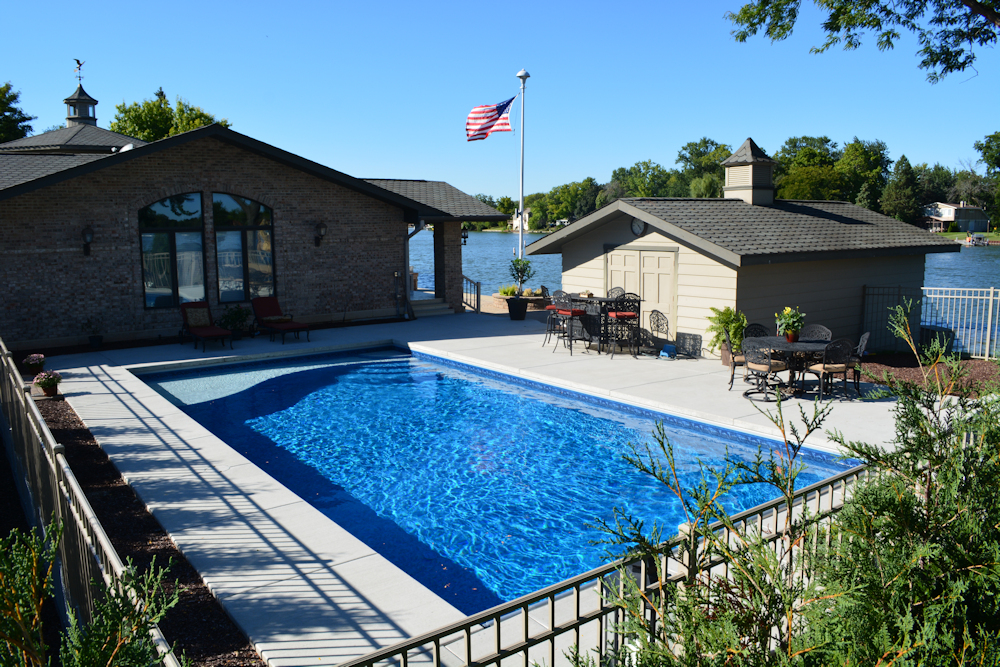
What is Total Alkalinity?
This measures the amount of alkaline substances in your water. This is important because it helps keep your pH level neutral. If your total alkalinity is either too high or too low, it can cause your pH levels to fluctuate.
You don’t want your total alkalinity to be too low because swimmers will incur eye irritation, and your water will most likely not be clear. In addition, you will end up with problems with the metal parts of your pool equipment and railings.
Now, if it’s too high, it will cause swimmer skin irritation. What’s more, if the levels are too high, it will reduce the effectiveness of your free chlorine. This leads to algae and bacteria growth.
What is pH?
This is the total acidity of your pool water. You want your pH to remain neutral.
If your pH level is too high, it reduces the effectiveness of your free chlorine. In this case, your pool becomes unsafe to swim in. You will also find that swimmers experience skin and eye irritation and cloudy water.
If your pH level is too low, you can still irritate your skin and eyes. A low pH level will also damage your pool equipment with metal parts such as your ladders and pool heater.
Making matters worse, if your total alkalinity and calcium hardness levels are also elevated like your pH levels leads to scale on most of the parts of your pool.
To Conclude
Now you know just how important it is to test your pool water on a regular basis.
We’ve looked at four important things to look for.
Taking good care of your pool with regular maintenance makes your pool last longer, and it keeps your swimmers safe and healthy.
If you ever have any questions, we are here to help. Need pool service? We’ve got you covered!




